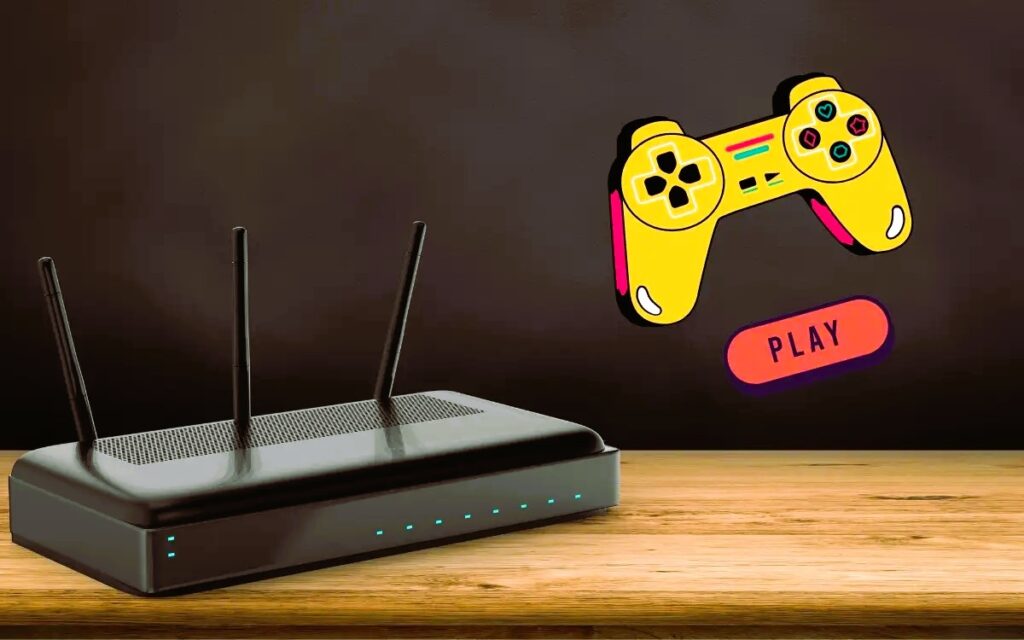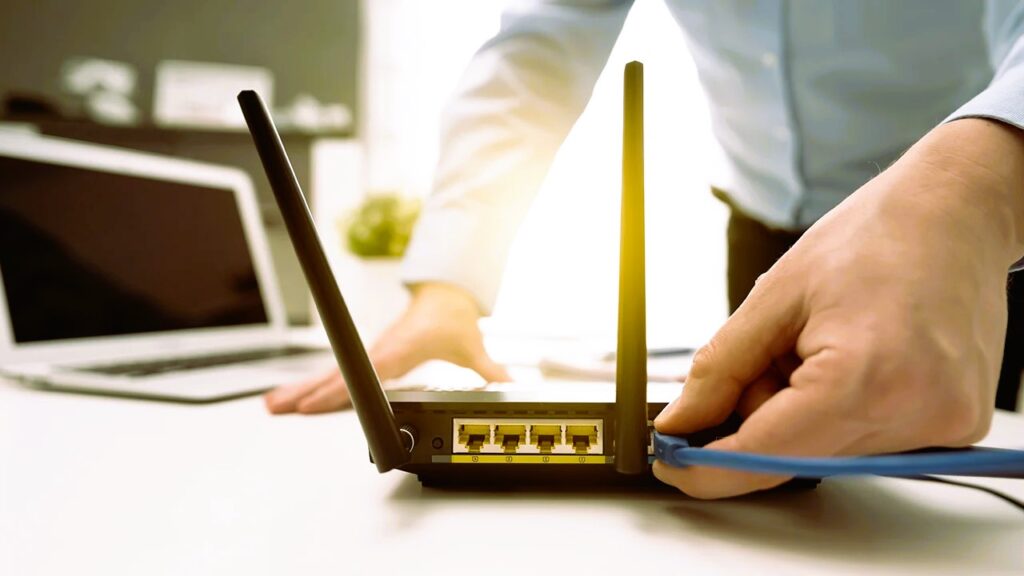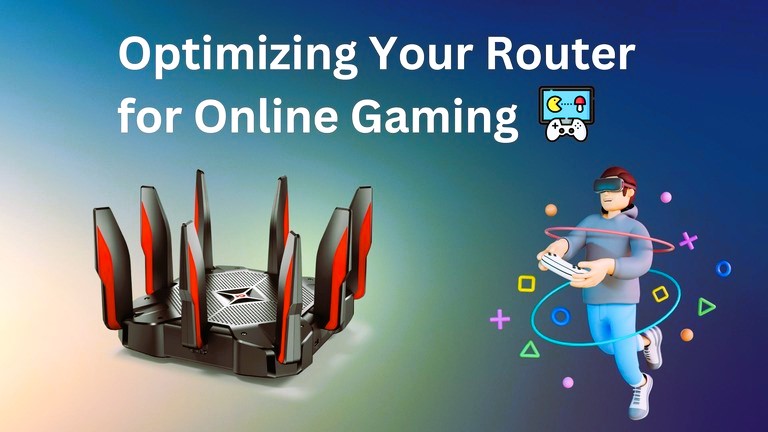In the world of online gaming, every millisecond counts. Lag, delayed responses, and high ping can drastically affect your gaming experience, turning your smooth gameplay into a frustrating mess. One of the most important factors contributing to low latency and fast response times is the configuration of your router. Properly setting up your router can help reduce ping, ensuring your online games run smoothly and efficiently.
Understanding Ping and Its Impact on Gaming
Ping refers to the time it takes for data to travel from your device to a game server and back. This is measured in milliseconds (ms), and a lower ping means a faster connection, resulting in less delay during online gaming. A high ping, on the other hand, leads to lag, which can severely impact your gameplay, especially in fast-paced games like first-person shooters (FPS) or real-time strategy (RTS) games.
Key Factors Affecting Ping in Online Games
Before diving into router settings, it’s important to understand the key factors that can influence your ping:
- Distance to the Game Server: The farther you are from the server hosting the game, the higher your ping will be.
- Network Congestion: The more devices connected to your network, the more traffic your router has to manage, which can cause a delay.
- Router Performance: Older or outdated routers may not support high-speed internet or may be overloaded with tasks.
- Wired vs. Wireless Connection: A wired Ethernet connection generally provides lower ping than Wi-Fi due to the more stable and faster data transfer rate.
How to Optimize Your Router Settings for Lower Ping

By adjusting your router settings, you can optimize your network for gaming and reduce ping. Here are several key steps to take:
Use Quality of Service (QoS) to Prioritize Gaming Traffic
One of the best ways to ensure a low ping is to prioritize gaming traffic over other types of internet usage. Quality of Service (QoS) is a feature that allows you to allocate more bandwidth to specific devices or applications. By enabling QoS and setting your gaming device as a priority, you can minimize the impact of other network activities, like streaming or browsing, on your gaming performance. To increase internet speed for gaming, we have collected the most basic router settings.
Choose the Right Frequency Band
Modern routers typically support both 2.4 GHz and 5 GHz frequency bands. While 2.4 GHz has a wider range, it is also more susceptible to interference and congestion from other devices. On the other hand, the 5 GHz band provides faster speeds and less interference, which is ideal for gaming. Make sure your gaming device is connected to the 5 GHz band to reduce ping and improve performance.
Enable Dynamic Frequency Selection (DFS)
Some advanced routers offer Dynamic Frequency Selection (DFS), which automatically selects the best Wi-Fi channel for minimal interference. By enabling this feature, your router can avoid overcrowded channels, reducing lag and improving your ping during online games.
Use Wired Connections Whenever Possible
While Wi-Fi offers convenience, a wired Ethernet connection is usually much more stable and faster. For the lowest ping, connect your gaming device directly to your router using an Ethernet cable. This eliminates the potential issues of Wi-Fi interference, distance, and signal drop, providing a more reliable and consistent connection.
Update Router Firmware
Router manufacturers frequently release firmware updates that can improve performance and fix bugs. Ensure your router is running the latest firmware version to avoid performance issues that could increase your ping. Check your router’s settings page for available updates, and follow the manufacturer’s instructions for installation.
Disable Unnecessary Features
Certain router features, such as automatic updates, firewalls, and antivirus software, can sometimes cause delays in network traffic. If you’re aiming for the lowest possible ping during gaming, consider disabling these features temporarily while gaming. Be sure to re-enable them when you’re done playing to keep your network secure.
Optimize Network for Minimal Traffic
To maintain low ping, reduce the number of devices using the network during gaming sessions. Other devices consuming bandwidth, such as smart TVs, smartphones, and streaming devices, can create network congestion and increase your ping. When playing games, disconnect devices that are not necessary to improve the overall performance of your network.
Additional Tips for Improving Your Ping

- Select a Local Game Server: Choose game servers that are physically closer to your location. This reduces the distance data has to travel, lowering ping.
- Close Background Applications: Ensure that no other applications are consuming your internet bandwidth while gaming, such as file downloads or streaming services.
- Use a Gaming VPN: In some cases, a VPN optimized for gaming can reduce your ping by routing your connection through faster, less congested pathways.
By tweaking your router settings and following these tips, you can significantly reduce your ping and improve your overall gaming experience. Remember that a combination of the right hardware, optimal settings, and a stable internet connection will help ensure smoother gameplay with less lag and delay.
For more information on internet connection standards and performance, check out this article on Wikipedia about Internet Speed Standards. Understanding the technical aspects of network optimization can help you get the most out of your router and internet connection, ensuring that you’re always ready for your next gaming session.


